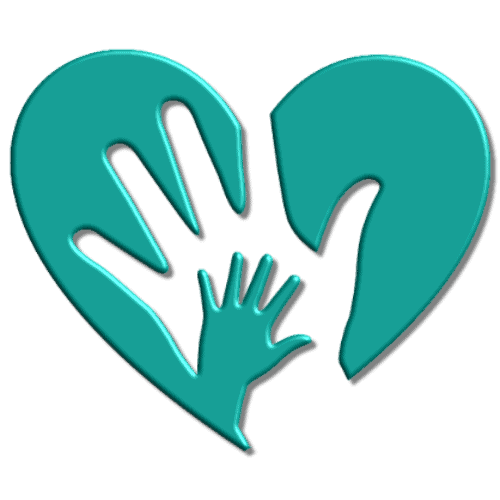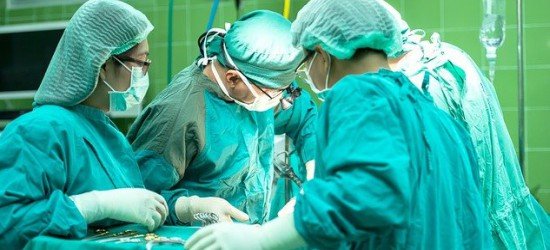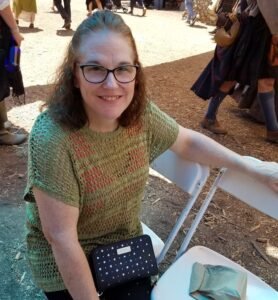|
Listen in your language by clicking the little world on the player.
Getting your Trinity Audio player ready...
|
As time went by for Tina, life just happened. The family was living in Huntington Beach these days. Little Tina who was 7-years-old made a friend out of the little boy her age next door. A lot of stuff happened with the family there.
Her older sister Robin fought with the girl next door and instead of them fighting it out between themselves they tried to make Tina and the other little girl fight for them.
The little girl was older than her but they weren’t mad at each other. They cried and Tina resisted fighting her because it was for no reason. Tina wasn’t sure what they were fighting about but it had nothing to do with her.
The sexual abuse was still happening to little Tina and the abuse of the other kids was still happening too. Abuse of Mark and Brenda continued along with the abuse that became the norm for little Tina. The abuse became the Norm for all of them.
It was a sad time. Mommy was in the hospital. She was participating in a study on Migraines. Mommy had only been gone a week or so when little Tina began to feel sick. Her throat was sore and she didn’t feel like playing. All she did was lay on the sofa.
Daddy was there and Robin told Daddy about Tina being sick. They took her temperature. She had a fever. Robin helped Daddy get Tina ready to go to the Emergency room.
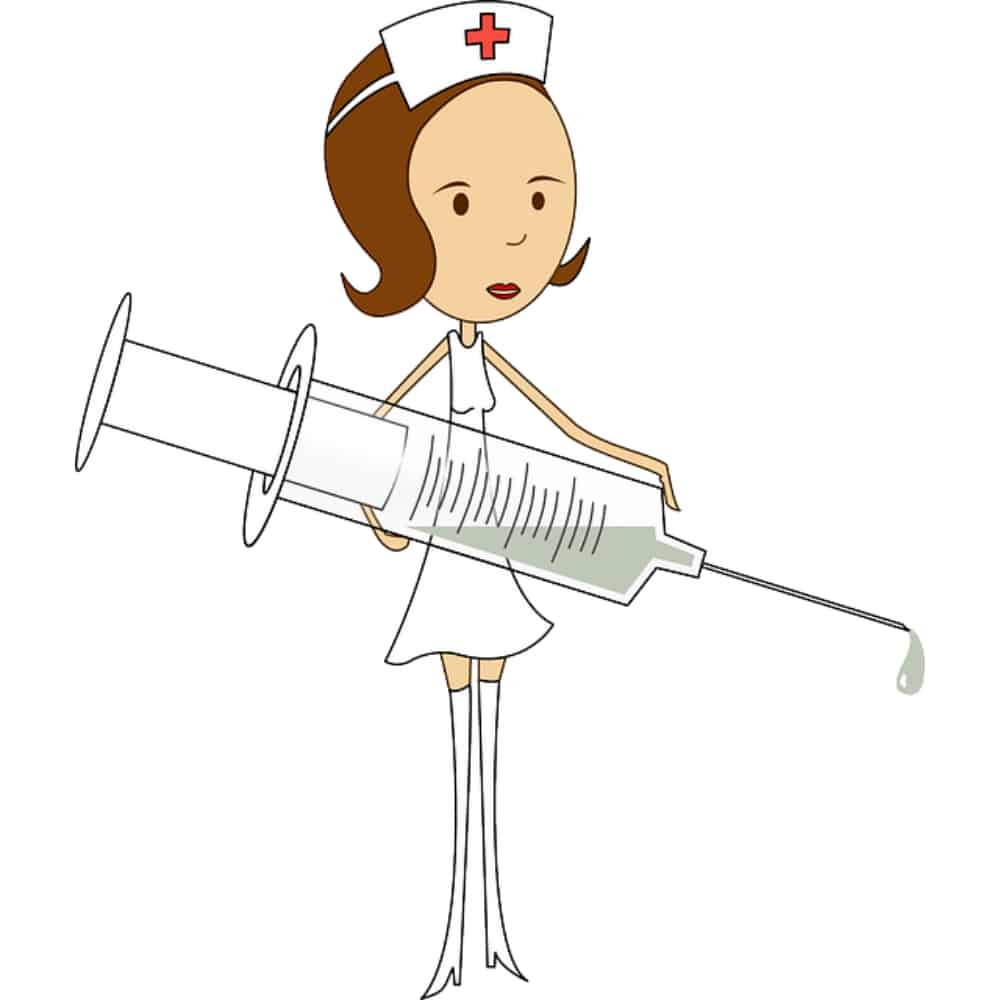
In the emergency room, Tina met a nice nurse who took her temperature. The doctor was scary but nice. He ordered a shot for Tina. Tina took it like a champ. She was a good kid and was brave.
The fever didn’t go down with the shot. The doctor admitted her to the hospital. They didn’t put Tina in the children’s ward because her mommy was in the same hospital. The staff put her in with her mommy.
They did suppositories and sponge baths and they kept mommy drugged up. After about a week, they moved little Tina in with other grown adult ladies away from her mother.
Her tonsils had to come out. She was brave through the surgery although spitting up blood when she woke up wasn’t fun. She got to see her mother as she was on her way to surgery. They both were on gurneys. Mommy was coming out and Tina was going in.
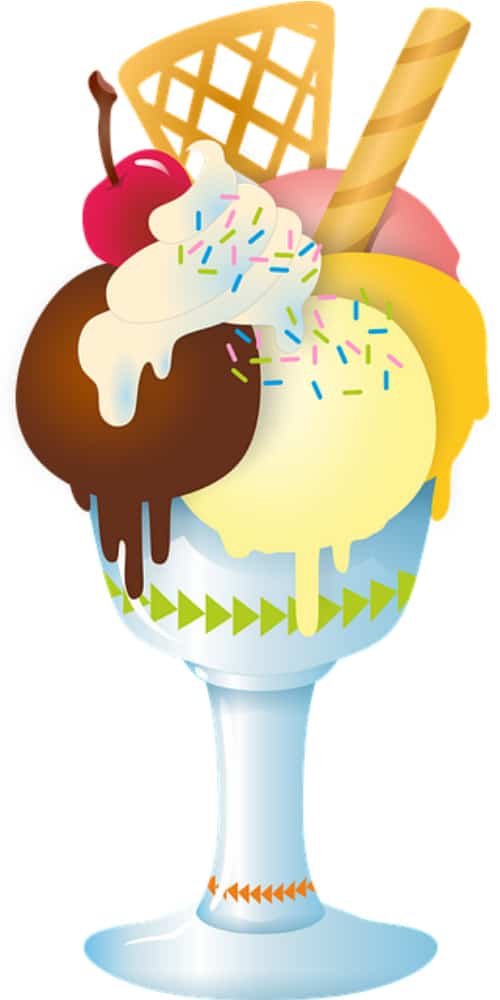
After the surgery, Tina’s throat was very sore. She could barely swallow. She got sherbet because she was lactose intolerant. She got soft foods like applesauce to eat.
Her throat hurt while she was sort of in and out. The nurse asked one of the other ladies if she wanted something for the pain. Little Tina Groggily told her yes. The nurses weren’t as nice about giving the two shots a day. They Pinched the area they were going to stick with the needle really hard and twisted.
By the time this 7-year-old was ready to leave the hospital her throat was infected. Her mommy got the nurse and the nurse got the doctor. They gave her antibiotics and sent her on her way.
Little Tina was afraid of needles from that surgery forward for the rest of her life.
How does surgery affect children?
For me, This surgery was a bit traumatic. It wasn’t that I was afraid of surgery. I didn’t understand the totality of surgery. You know, everything that is involved in having surgery.
It did pile up as a significant traumatic experience in my life. I would say this probably wouldn’t have been traumatic had this or that happened but that’s not true.
In the prognosis study, the results are listed as quoted here from pubmed.gov.
“A significant portion of children suffer from psychological distress 3-5months after hospitalization. Moreover, 10.39% of the children exhibited symptoms of PTSD, and 28.6% of parents reported that the child’s distress causes dysfunction. Additionally, our findings emphasize the parents’ concerns regarding the child’s behavior, function, and health following hospitalization.”
Amichai Ben Ari 1, Tuvia Peri 2, Daniella Margalit 3, Esti Galili-Weisstub 3, Raphael Udassin 4, Fortu Benarroch 5
It’s my belief that this surgery left lasting Traumatic Effects that have lasted throughout my life because of all the unrelated traumas that surrounded this event as well as the abuse from the nurses regarding the shot. Passive-aggressive nurses still torture people with needles.
Abuse that occurs in the medical field

I believe the nurses pinched extra hard and Twisted that little extra to torture me for being a little white girl and they did it in a way that they would not get into trouble because needles still hurt.
It was obvious to the first male nurse who gave me my first shot that something was amiss because of my behavior when he gave me the first shot and my behavior on the last day when it took 6 people to hold me down to give me that one last antibiotic shot.
Amazing things can happen for people who have support from their family and friends. For People, for Children, when that support isn’t there either due to abuse or simply because the trauma of the experience isn’t known due to lack of education or whatever, we don’t process the traumatic experience in a healthy way to recover from it. The trauma can cause debilitating effects if left unaddressed.
Affects of the covert abuse
It affects me now in the fact that I’m terrified to have surgery. It feels life and death for me. Getting a shot or a blood test is extremely stressful for me. I’ve had a spiteful girl who hated me because I was poor and getting my blood drawn on a voucher.
She was a phlebotomist and she stuck me with the needle sideways then left the needle hanging in my arm and walked away. She slowly got a cotton ball then slowly took the needle out of my arm making it look like I was a needle using drug addict that missed.
She got in trouble because a few days later a neighbor with diabetes collapsed outside and I called the ambulance. The ambulance lady asked me about it and I told her what happened. She reported it.
I’ve had people use larger needles so it hurts more because I’m white. Often because I’m white. I’ve had a couple of them scrape my arm with the needle then stick me. The medical field use needles and other sharp tools as their torture methods.

Yes, I was racisted against by my family for having brown eyes and curly hair. I was discriminated against for being mulatto in Delaware when I’m not mulatto at all. And I was discriminated against for being a lesbian when I’m straight. I’ve also been discriminated against for being straight and for being white often.
When it comes to racism and discrimination, I don’t want to hear the whining about it being systemic when it’s not systemic. There are laws to prevent that for everyone but white people. The true systemic racism is against white people. They are the only ones not protected.
There are racist people. The majority of humans on this planet are racist. And we see a lot of passive-aggressive racist people in the medical field. White, Hispanic, and black have been the ones to racist all over me. Oh and Indian from India. Oh, and Native Americans have but not like Blacks and Hispanics and Whites.
I know I probably seem dark-hearted when I say I don’t want to hear that shit. Because the very people who complain about it are the ones who are doing it. But, I’ve experienced racism regardless of how anyone wants to dismiss it.
How can covert and racist abuse be avoided?

In the medical field, people should be more caring or get out of the industry. YOU should love All people when you work with people. If you can’t like all people then find something in a back office where you don’t do anything with people.
The biggest part of the healing here has been in focusing on the surrounding traumas and I haven’t dealt with the issues from the hospital stay yet. Adults picking on a child. Getting over that has been the challenge.
The fact that I’m not the only one who has experienced this treatment from racists that aren’t white, tells me this is a systemic problem in the medical field that needs to be addressed with the gazillion issues the medical field has.
Until then, all we can do to protect our loved ones is to pray for them while they are in their hands and support them and listen to them when they have something to say about it. Just because the victim’s life was saved in the process doesn’t mean their care was any good. Listen to the receiver of this care.
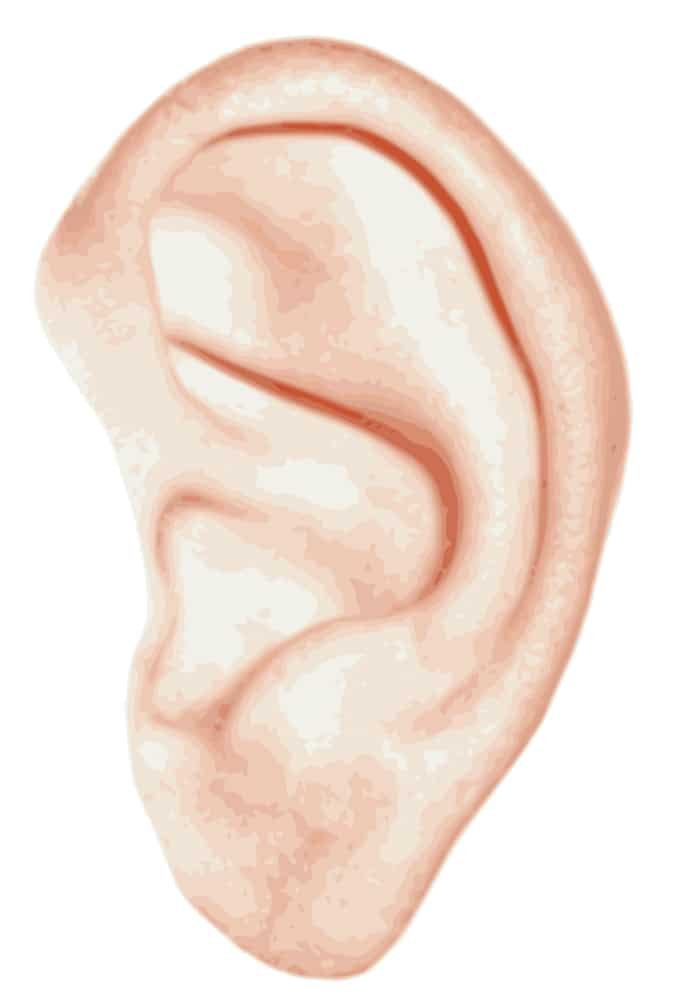
Listen to children. To what they say verbally and through their behavior. Behaviors of children offer great insight into what is going on with them. When you know your child, you will know when they act differently or are acting out.
Even when you don’t understand the behavior, you can identify when there is a problem and you as the parent have the option and responsibility to get the proper help from the proper resources for your child.
Getting Help can be a challenge
By the way, your minister or priest isn’t qualified for anything other than spiritual and marriage counseling. For children, seek out a therapist who understands children and if necessary child trauma or PTSD in children.
Trauma takes many shapes and forms. Events can affect people differently. For regular people, all we can do is try to be supportive and pay attention and observe to determine if the individual needs help and support.
I couldn’t begin my healing process until I had some form of support. For me, I just needed two supportive people in my life. One being my therapist. My healing might have taken a lot less time for me in my case if I had more supportive people in my life. But I don’t and I’m glad I don’t require it. Two people have been wonderful. When I’m done with therapy, I will be on my own with the other person as my only support but I believe I will do well on my own.
My biggest regret is that I didn’t have this healing opportunity before I was 30.
